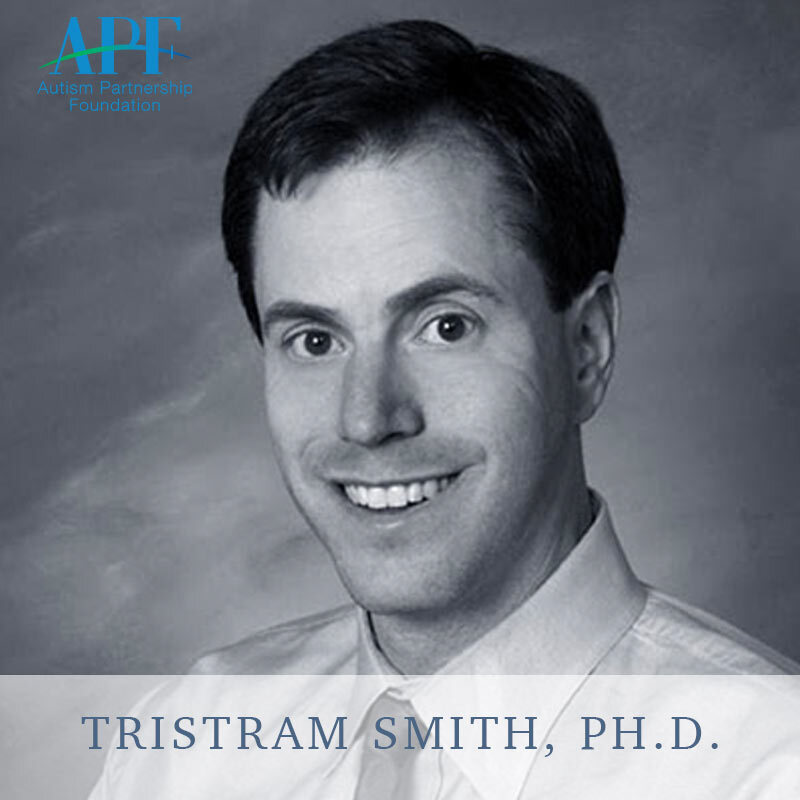Parent Training for Children with Autism Spectrum Disorder and Behavioral Difficulties
Filmed in 2018
Abstract: Studies show that parents can learn to use applied behavior analytic strategies to reduce disruptive behavior in children with autism spectrum disorder (ASD). To integrate these strategies into a cost-effective intervention that can be delivered in a wide range of practice settings, the Research Units in Behavioral Intervention (RUBI) developed a parent training (PT) program that includes 11 core sessions (each 60 to 90 minutes in duration, delivered 1:1 with the primary caregiver), two booster sessions, two home visits, and two optional sessions. We then evaluated this PT program by comparing it to a structured parent education program (PE) in a randomized clinical trial that took place at six universities and enrolled 180 children with ASD (age 3 to 7 years) and disruptive behavior. On parent-rated measures of behavior and assessment by a clinician blind to treatment assignment, PT was superior to PE. This presentation outlines the development of the PT program, essential components of the manual, main findings from the RUBI study, and adaptations for other behavioral difficulties in ASD. It concludes with case studies that illustrate program implementation, including successes and common challenges.
Learning Objectives:
- Summarize the main findings from a multisite trial of parent training for young children with ASD and disruptive behavior
- Describe the main session topics and intervention strategies used in the structured parent training program
- Summarize the importance of parent training for parents of individuals diagnosed with ASD


